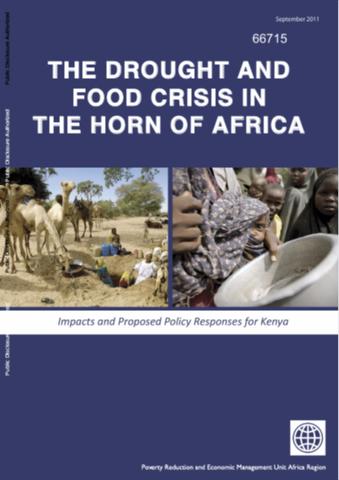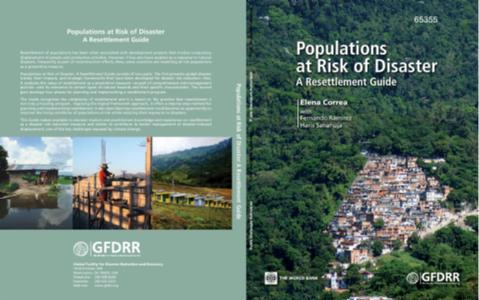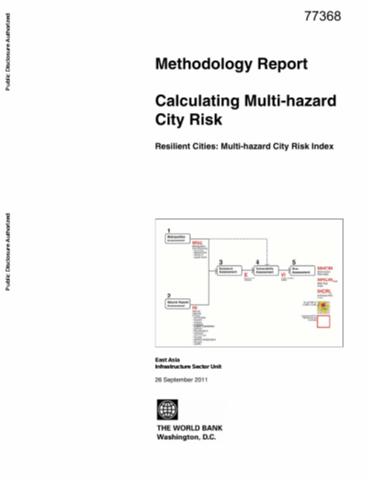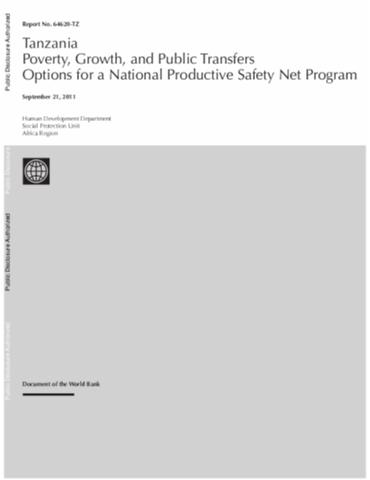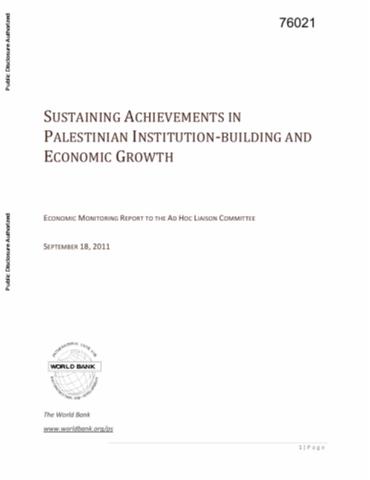The World Bank is a vital source of financial and technical assistance to developing countries around the world. We are not a bank in the ordinary sense but a unique partnership to reduce poverty and support development. The World Bank Group has two ambitious goals: End extreme poverty within a generation and boost shared prosperity.
- To end extreme poverty, the Bank's goal is to decrease the percentage of people living on less than $1.25 a day to no more than 3% by 2030.
- To promote shared prosperity, the goal is to promote income growth of the bottom 40% of the population in each country.
The World Bank Group comprises five institutions managed by their member countries.
The World Bank Group and Land: Working to protect the rights of existing land users and to help secure benefits for smallholder farmers
The World Bank (IBRD and IDA) interacts primarily with governments to increase agricultural productivity, strengthen land tenure policies and improve land governance. More than 90% of the World Bank’s agriculture portfolio focuses on the productivity and access to markets by small holder farmers. Ten percent of our projects focus on the governance of land tenure.
Similarly, investments by the International Finance Corporation (IFC), the World Bank Group’s private sector arm, including those in larger scale enterprises, overwhelmingly support smallholder farmers through improved access to finance, inputs and markets, and as direct suppliers. IFC invests in environmentally and socially sustainable private enterprises in all parts of the value chain (inputs such as irrigation and fertilizers, primary production, processing, transport and storage, traders, and risk management facilities including weather/crop insurance, warehouse financing, etc
For more information, visit the World Bank Group and land and food security (https://www.worldbank.org/en/topic/agriculture/brief/land-and-food-security1
Resources
Displaying 4581 - 4585 of 4906The Drought and Food Crisis in the Horn of Africa
This policy note provides an assessment of some of the impacts and proposed policy responses to problems related to the drought, including the rise in food prices. To address immediate needs, the humanitarian response to the drought is being managed by the Government of Kenya and a number of international organizations including the World Food Program (WFP), the Food and Agriculture Organization (FAO), and the United Nations Children's Fund (UNICEF).
Populations at Risk of Disaster
This book is designed for governments that make decisions on the application of preventive resettlement programs as disaster risk reduction measures, as well as for institutions and professionals in charge of preparing and implementing these programs, civil society organizations participating in resettlement and risk reduction processes, and at-risk communities.
Calculating Multi-hazard City Risk
Nearly half of East Asia population lives in cities and the region is urbanizing so rapidly that built up areas are projected to increase faster here than in any other region in the next twenty years. Still, more than half of slum dwellers around the world live in East Asia. These are the people most vulnerable to disaster impacts.
Tanzania Poverty, Growth, and Public Transfers : Options for a National Productive Safety Net Program
Tanzania has made significant economic progress in the recent past, with per capita national income almost doubling from United States (U.S.) 230 dollars equivalent in the late-1990s to U.S. 440 dollars. This report explores the role safety nets and transfers can play in reducing poverty more rapidly in Tanzania. It presents the potential need and costs, to inform a debate of options.
Sustaining Achievements in Palestinian Institution-Building and Economic Growth
Sustainable economic growth and strong institutions are interlinked, and the present report summarizes recent economic and fiscal developments in West Bank and Gaza (WB&G) as well as providing a broad overview of institutional accomplishments to date. The present report begins by discussing the apparent slowdown in economic growth in WB&G and the current fiscal crisis facing the Palestinian Authority (PA)-resulting partly from lower-than-expected external support this year.






